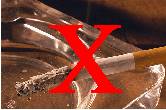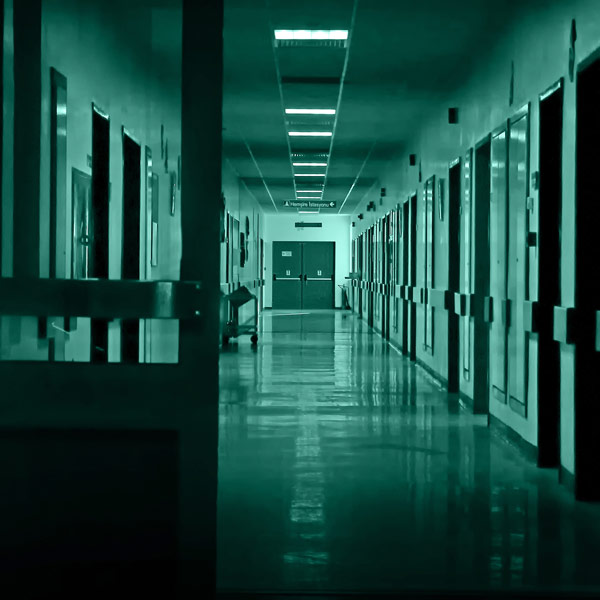
FRIDAY, Feb. 15 (HealthDay News) — Smoke-free legislation, including bans on lighting up in public places and restaurants, reduces the risk of babies being born prematurely, according to a large new study from Belgium.
The study was published Feb. 14 in the BMJ. The researchers said their findings could have significant public health implications because preterm birth has been linked to health issues both early on and later in life.
“Our study shows a consistent pattern of reduction in the risk of preterm delivery with successive population interventions to restrict smoking. It supports the notion that smoking bans have public health benefits even from early life,” the study authors concluded.
The researchers, led by Dr. Tim Nawrot from Hasselt University, examined information on the births of more than 600,000 babies delivered between 24 and 44 weeks’ gestation. They were born between 2002 and 2011 in Flanders, where smoking in public places and the workplace was banned in 2006. A year later Belgium enforced a similar smoking ban in restaurants. As of 2010, Belgium’s smoke-free legislation also applied to bars serving food.
Although no consistent drop occurred in the number of babies born before 37 weeks’ gestation before the smoking bans, there was a decreasing trend in such preterm births after Belgium’s smoke-free legislation was implemented, according to a journal news release.
By January 2007, the risk of preterm birth dropped by 3.13 percent. That risk dropped another 2.65 percent following the ban on smoking in bars serving food in January 2010. The researchers say these reductions could not be explained by other factors, including maternal age and socioeconomic status or changes in air pollution or flu outbreaks.
“More and more countries in Europe are adopting stricter legislation on smoking in public places. These results underscore the public health benefit of smoking ban policies,” the researchers pointed out.
More information
The U.S. Centers for Disease Control and Prevention has more about smoking bans.

